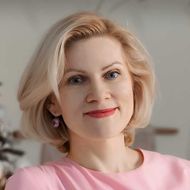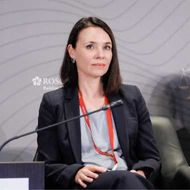- A
- A
- A
- ABC
- ABC
- ABC
- А
- А
- А
- А
- А
- HSE University
- Faculty of Law
- School of International Law
- News
- International Law Competition for Bachelor Students
-
School
- About the School
- Research
- Academics
- "HSE University Journal of International Law"
-
Research and Study Laboratories and Groups
-
Research and Study Laboratories
-
Research and Study Groups
-
- Research and Methodology Units
- HSE Research Seminar on International Law
- Ph.D. Seminar
- Undergraduate track ‘International Law’
-
Projects
-
Status: active
- Applied project «Philip C. Jessup international law moot court competition training 2023-2024»
- Applied project 2024-2025 “Preparation for the Willem C. Vis Moot Competition, season 2024-2025”
- Fundamental Research Project "Legal Mechanisms for Overcoming Inequality"
- Participation of Young Lawyers as Clerks of the International Commercial Arbitration Court at the Chamber of Commerce and Industry of the Russian Federation
- Research project: International Competition ‘Dispute Resolution in the EAEU–2024’: Preparation and Participation of the Faculty of Law's Team
-
Status: completed
-
- Staff Members
-
Educational programs
- Bachelor's Programmes
- Master's Programmes
- Doctoral School of Law
Moscow, 3 Bolshoy Trekhsvyatitelsky Pereulok, rooms 227, 228b
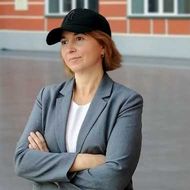
E-mail: svetlana.smirnova@hse.ru
Located at a crossroads of global, regional, and national interests, contemporary international law affects almost all spheres of society. The School of International Law keeps pace with significant international events and legal adjudication in order to provide hands-on education that prepares future lawyers and legal scholars for the demands of the current legal landscape. The School is at once a ‘think tank’ that provides expert analysis and a producer of top legal experts and lawyers in international law.
Olga Starshinova, Elena Murashko.
Chinese Journal of International Law. 2025. Vol. 24. No. 3.
In bk.: Sanctions, Business and Human Rights. Clarity Press, 2025. P. 346-366.
 MANDATORY CORPORATE HUMAN RIGHTS DUE DILIGENCE MODELS: SHOOTING BLANKS?
MANDATORY CORPORATE HUMAN RIGHTS DUE DILIGENCE MODELS: SHOOTING BLANKS?
Rusinova V., Sergei K.
Law. LAW. Высшая школа экономики, 2021

International Law Competition for Bachelor Students
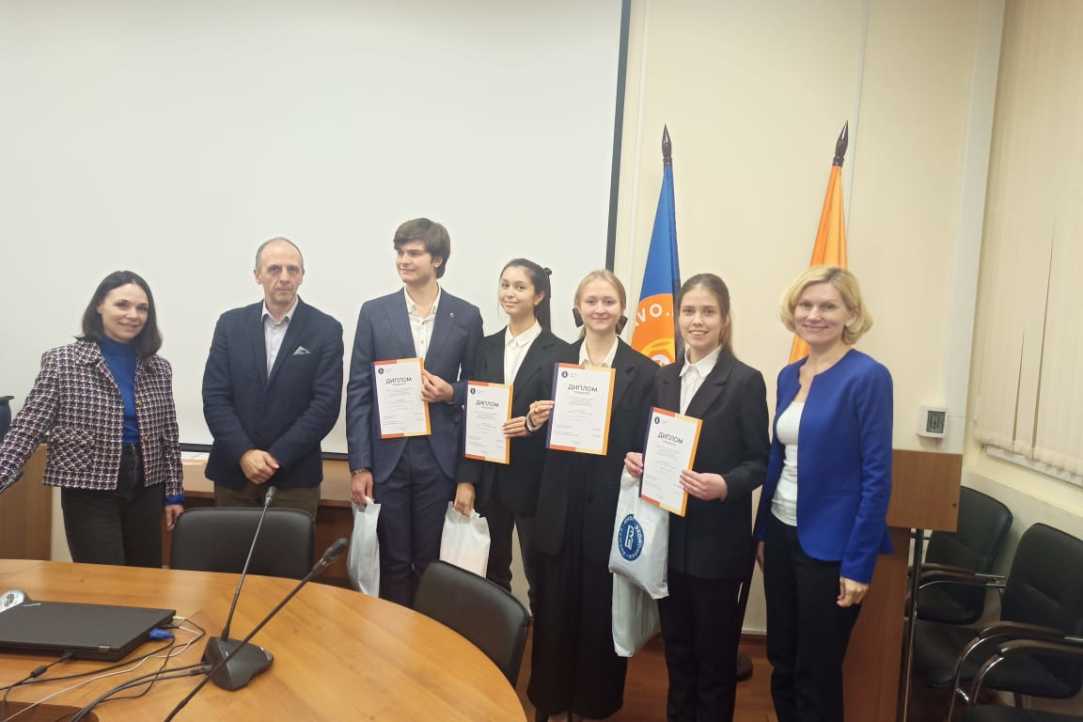
The students showed a great interest: 26 teams consisting of four students sent memoranda for the applicant and the respondent. According to the results of the written round, the eight best teams passed to the oral stage.
The case between two fictional states, which was considered at the contest, touched on many topical issues of modern international law, including questions about how the principle of non-interference in the internal affairs of states and sovereignty are able to protect the state from cyberoperations aimed at interfering with the referendum, as well as how freedom of speech and blocking of accounts in social networks correlate with each other.
The first place was taken by the applicant team: Arina Abubakirova, Anna Golubtsova, Alexander Ivchenko and Daria Sholomitskaya.
The second place was taken by the respondent team: Inessa Barinskaya, Dmitry Zimin, Veronika Kopeynik and Veronika Shevchuk.
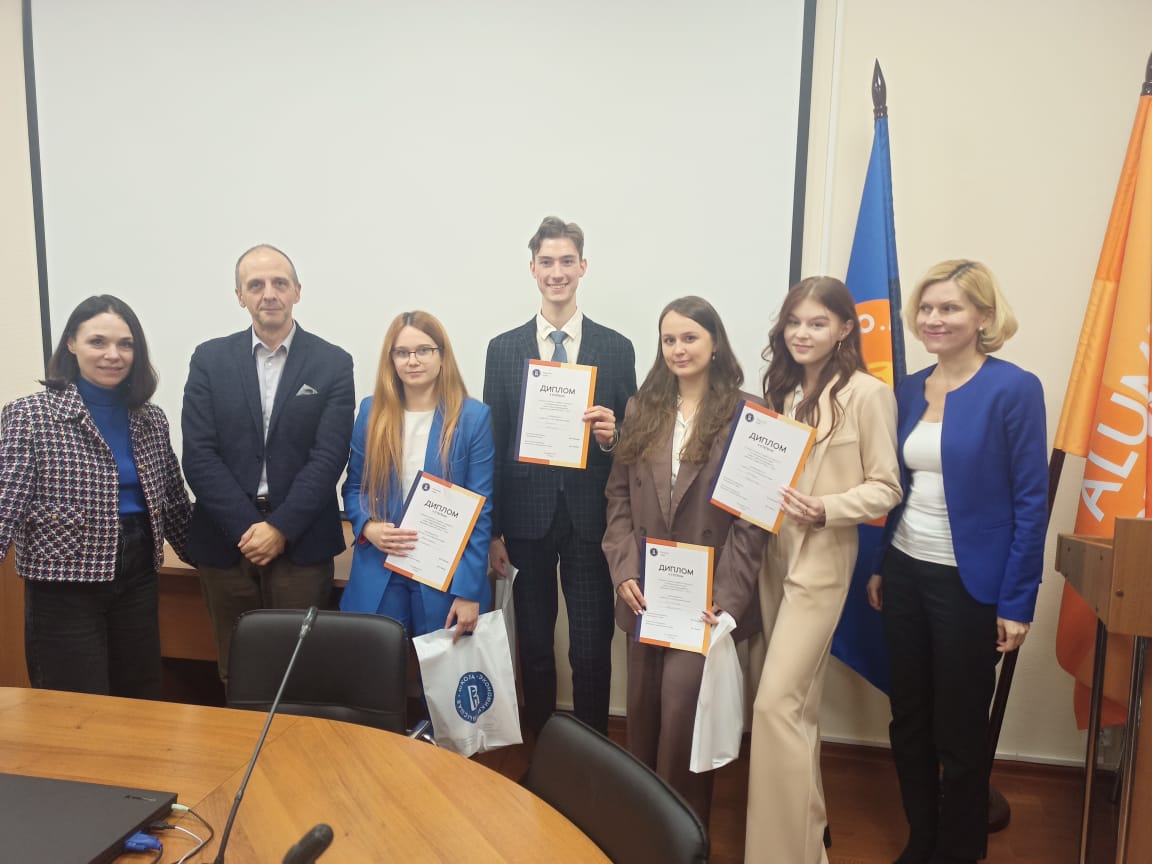
The third place was shared by two teams: Vladimir Vorontsov, Georgy Tsedrikov, Anton Sudarev, Stepan Rozhkov and Tatiana Zaitseva, Ekaterina Markova, Olesya Nikolenko and Kristina Yurkova.
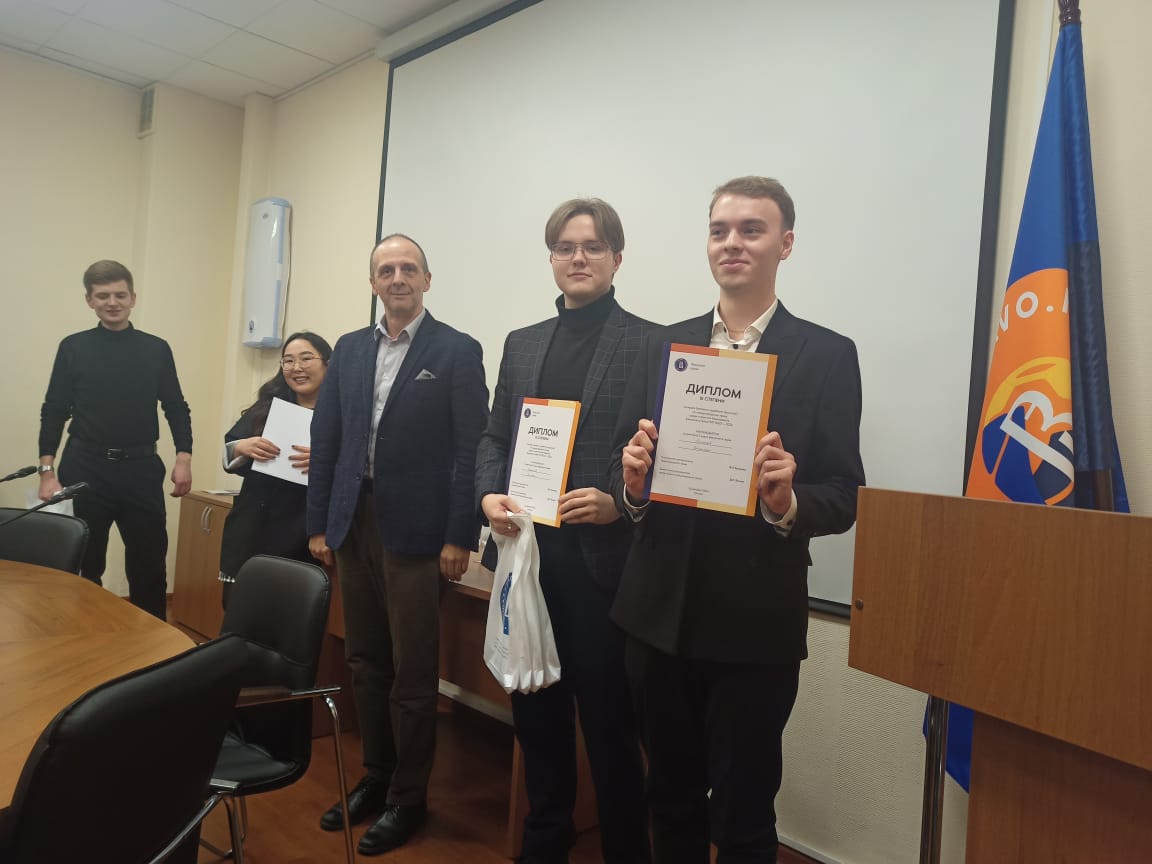
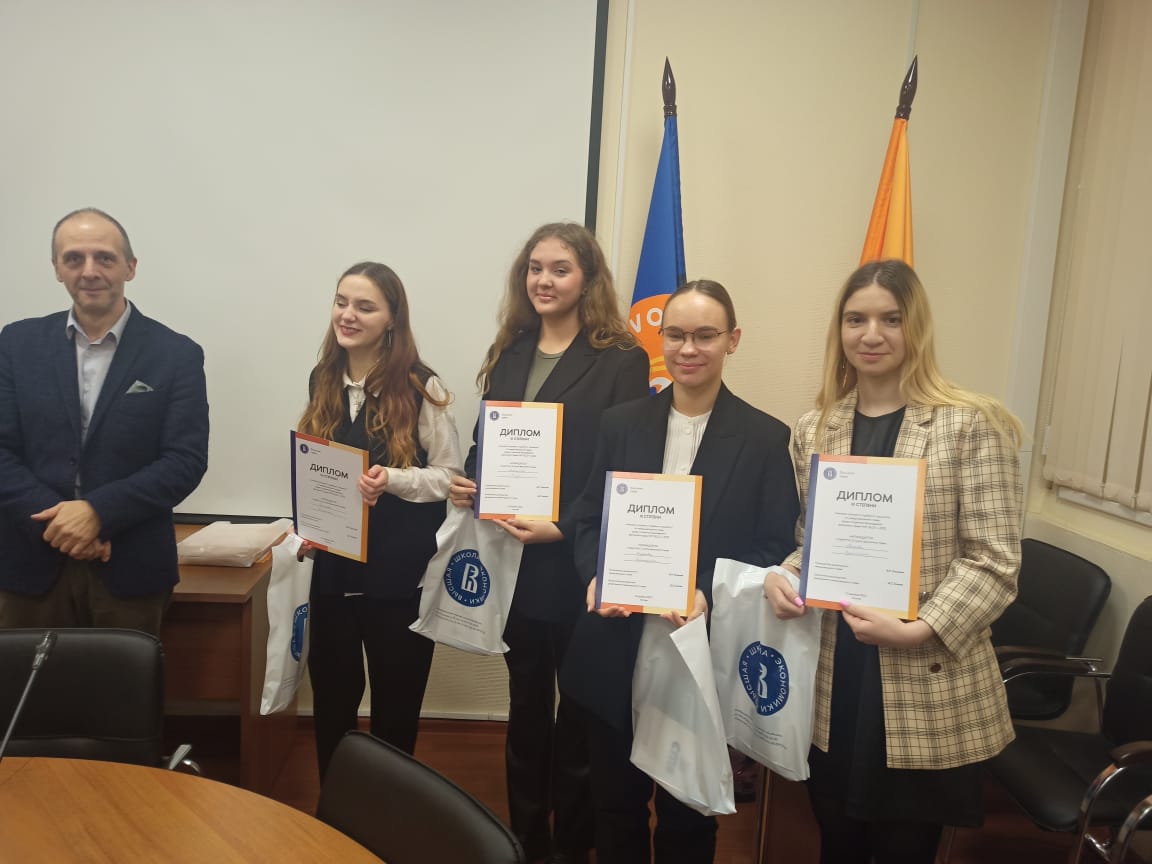
The fourth place was shared by four teams: Ekaterina Yakimenko, Polina Ganyagina, Alexander Kovalevich, Elizabeth Frolova, Azalia Kayumova, Varvara Gracheva, Svetlana Konkina, Vadim Novikov, Lev Rumanov, Daria Tretyakova, Elizaveta Boyarkina, Anna Lebedeva, Nikita Timofeev, Artem Gorevoy, Danil Artyukhov, Danil Kuzikov.
The winning team shared their impressions of the contest:
"in fact, it's amazing when it turns out to unite not just the best friends in a team, but diligent and strong friends who are ready to work productively. Probably, in our case, the channel "revenue, mutual assistance" and the channel "cozy cooperation" worked, besides, we trusted and knew for sure that we would not let each other down in our common cause - everyone faithfully fulfilled their part, it turns out that we had such a kind of friendly productivity.
It was also nice that the judges noted our team spirit, it's great that it turns out to be visible from the outside.
We are happy to realize that our Moot court turned out the way we originally planned: we have been working at a very calm pace since September, so, a week and a half before the delivery of the memoranda, we called up, thought through the arguments that had previously been highlighted in our heads when searching for materials and discussing the plot, distributed parts of the memoranda within the team, then each painted his own. Of course, we trusted each other, worked efficiently, but we didn't even think that we would pass the full-time stage, so we were incredibly surprised that we passed one fourth: just at this moment we were able to charge each other with this energy and the strength of the fighting spirit, the desire to win worked!"
This competition was held for the second time thanks to the well-coordinated work of a large team, which included "judges" (staff members and PhD students of the School of International Law, graduates of the Master's program "International Trade Law and Dispute Resolution", experienced participants of international competitions), "bailiffs" (3rd year bachelor students).
The judges of the final round were the former judge of the ECtHR and Professor of the School of International Law Dmitry Ivanovich Dedov and Professors Daria Sergeevna Boklan and Vera Nikolaevna Rusinova. In the final comments, Daria Sergeevna admitted that she was proud of the students, Dmitry Ivanovich noted the highest level of bachelor's training and the importance of participating in mutcourts. Vera Nikolaevna pointed out that the final round could have been compared with the advanced rounds of the Jessup Competition.
Separately, it is worth noting the invariable coordinator of the competition – Professor Daria Sergeevna Boklan, whose enthusiasm and dedication made it possible to bring the wonderful idea of holding this competition to life!
- About
- About
- Key Figures & Facts
- Sustainability at HSE University
- Faculties & Departments
- International Partnerships
- Faculty & Staff
- HSE Buildings
- HSE University for Persons with Disabilities
- Public Enquiries
- Studies
- Admissions
- Programme Catalogue
- Undergraduate
- Graduate
- Exchange Programmes
- Summer Schools
- Semester in Moscow
- Business Internship
- © HSE University 1993–2025 Contacts Copyright Privacy Policy Site Map
- Edit
